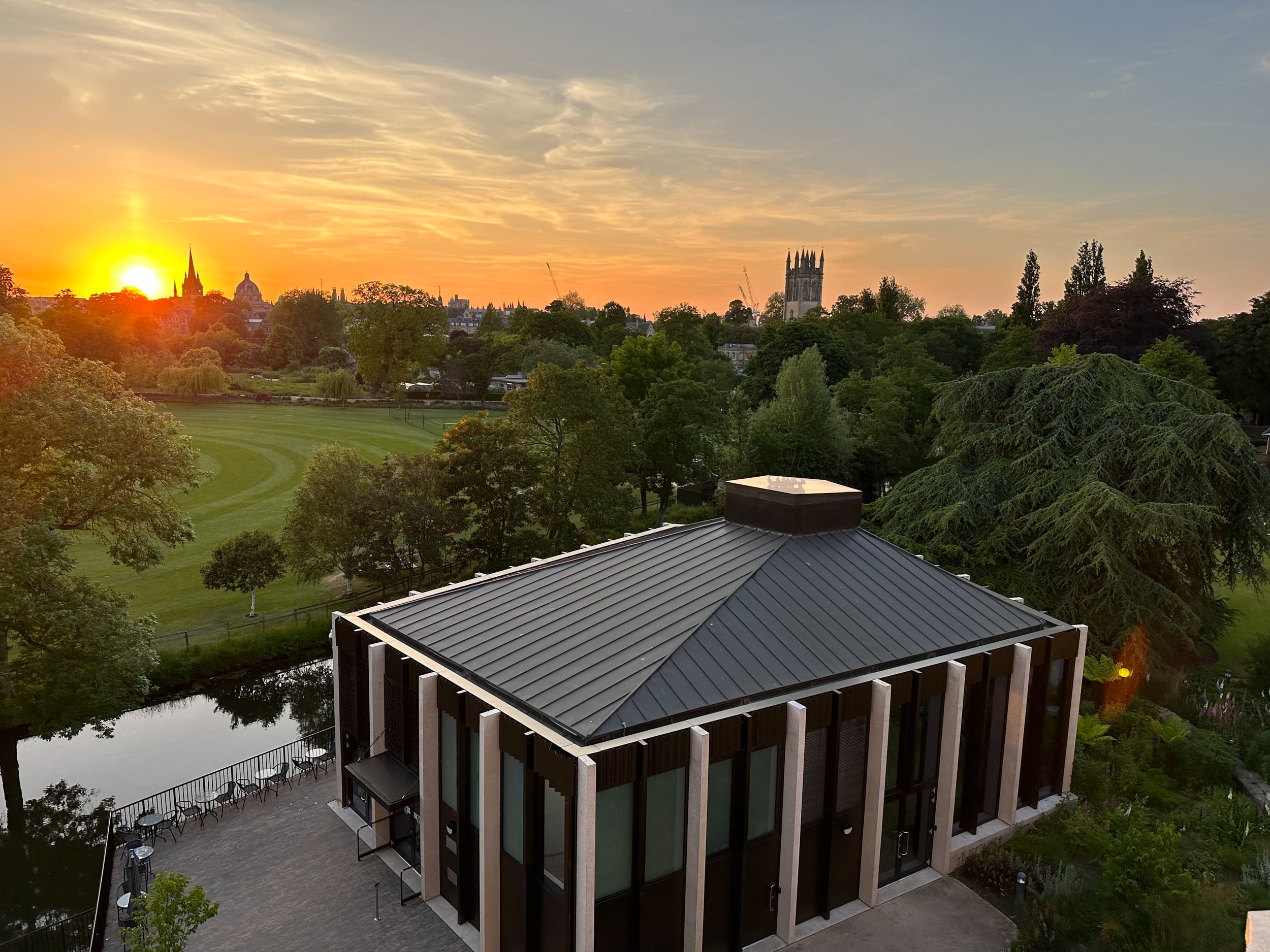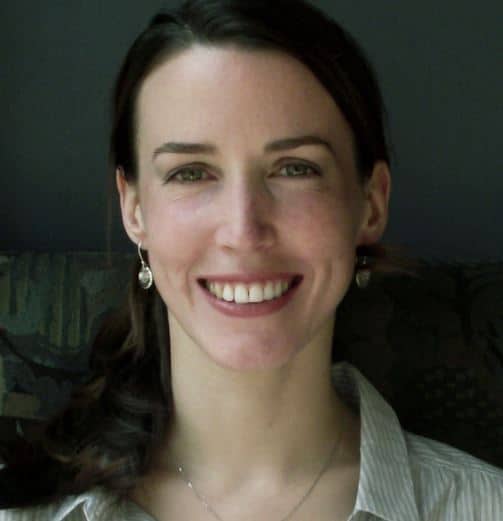
Biography
I am a historian of early and Classical Islam with expertise in Arabic historiography, as well as a practising archaeologist with a decade of field experience in the Middle East and Central Asia. Before joining Oxford, I held a Newton fellowship at SOAS (2013-15), a Leverhulme ECF at the University of St Andrews (2015-16) and a Lecturership in the Department of Historical Studies at the University of Bristol (2016-19).
My main research interest lies in the social and economic transformations of the Middle East, 700-1000. Transcending the ‘Long Late Antiquity’ model that perceives the Arab-Muslim conquests and the birth of the caliphate as symptomatic of a world in transition, I put the emphasis on the period of assertion of the Islamic world’s identity and authority.
My teaching draws from my research methodology, combining history and archaeology. I like to unite the various regional and linguistic subfields of Eurasia into a broader vision of a medieval world. My teaching moves westward and eastward simultaneously to demonstrate the shared institutional and ideological inheritances of the Middle East, Europe and East Asia. I teach widely in the period between around 300 and 1100 AD.
My research realises the potential of combining a wide corpus of literary sources in Arabic with physical and epigraphic evidence collected in the field and archives. My approach is both comparative and global. I look at the Middle East in a Eurasian context, drawing parallels between the Islamic world and Western Christendom, Byzantium, South-East Asia and China.
My monograph with OUP, Caliphs and Merchants (700-950), Cities and Economies of Power in the Middle East offers fresh perspectives on the origins of the economic success of the early Islamic Caliphate, identifying a number of previously unnoticed or underplayed yet crucial developments, such as the changing conditions of labour, attitudes towards
professional associations, and the interplay between the state, Islamic religious institutions, and the economy.
While working on my monograph, the fruitful collaborations I had with historians, economists, numismatists, archaeologists and papyrologists inspired me to further develop the comparative aspect of my research. Between 2015-18, I co-directed with Prof. Kennedy (SOAS) a Leverhulme Networking project, investigating the construction and development of the Islamic economy as a world system, stretching from Central Asia to the Atlantic between 700 and 1050.
My new project investigates social inequalities in the Medieval Islamic world. The purpose is to radically redefine our understanding of the relationship between wealth, social rank, the political and cultural elite in Islamic Eurasia and to explore the manner in which wealth, originally fostering tribal solidarity during the Arab-Muslim conquests, became a source of authority.
Caliphs and Merchants (700-950 CE), Cities and Economies of Power in the Near East, coll. Oxford Studies in Byzantium (forthcoming).
“Sociology of sūqs in early Islam (c. 700-950),” JESHO 61, 2018, pp. 1-28.
“Itinéraires et mutations urbaines dans le mashreq islamique (VIIe-IXe siècles),” Arabica, 64, 2017, pp. 1-27.
“Between localism and a desire for greater openness: The urban economy in southern Greater Syria from the 7th century to the end of the Umayyads,” in L. Lavan (ed.) Local Economies?: Regional Production and Exchange in Late Antiquity, Brill, Leiden, 2013, pp. 363-406.
“Arabic Shopkeepers’ Accounts from Islamic Jarash,” ADAJ 52, 2008, pp. 122-126.
Positions
- Lecturer in History
Subjects
- Ancient and Modern History
